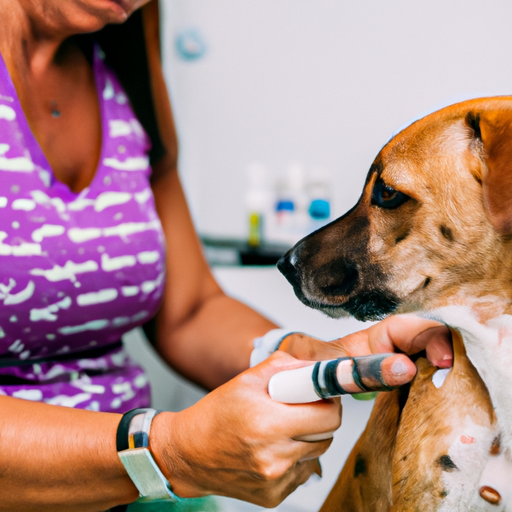As caregivers, our hearts are always set on ensuring the wellbeing of our loved ones. And, if you’re a dog parent, this most certainly includes your furry friend. So, let’s delve deeper into the world of canine health, focusing on one particular vaccine that’s crucial for your dog’s wellness – the Bordetella vaccine.
1. Understanding the Bordetella Vaccine
The Bordetella vaccine, also known as the “kennel cough” vaccine, is specifically designed to protect your dog against Bordetella bronchiseptica – a bacterium that can cause respiratory disease in dogs. This vaccine is especially essential if your dog frequently interacts with other dogs, like at dog parks, boarding facilities, or dog shows.
2. Why Your Dog Needs the Bordetella Vaccine
Now, you might be wondering, “Why does my dog need this vaccine?” Let’s break it down:
-
Protection Against Kennel Cough:
The primary reason for administering this vaccine is to protect your dog from kennel cough, a highly contagious respiratory disorder that can cause serious illness in dogs. -
Preventing the Spread of Disease:
By vaccinating your dog, you’re not only protecting them but also preventing the potential spread of the disease to other dogs. -
Meeting Requirement for Boarding and Grooming Facilities:
Many boarding and grooming facilities require dogs to be vaccinated against Bordetella to ensure the health and safety of all dogs in their care.
3. The Bordetella Vaccine Schedule
The schedule for the Bordetella vaccine can vary based on your dog’s lifestyle, age, and overall health. However, here is a generic guideline for the vaccine:
| Age | Vaccine Schedule |
|---|---|
| Puppies | First dose at 6-8 weeks, followed by a booster every 6 months |
| Adult Dogs | Every 6-12 months, depending on exposure risk |
4. Possible Side Effects and Risks
As with any medical intervention, the Bordetella vaccine can have potential side effects. Most dogs tolerate the vaccine well, but some may experience mild symptoms like fever, lethargy, or loss of appetite. In rare cases, severe reactions can occur. Always consult your vet if you notice any unusual behavior or symptoms post-vaccination.
5. Alternatives to the Bordetella Vaccine
While the Bordetella vaccine is highly recommended, some dog owners may choose alternative methods to protect their dogs from respiratory illnesses. These could include homeopathic treatments, maintaining a strong immune system through a balanced diet and regular exercise, and limiting exposure to other dogs, particularly in crowded or high-risk environments.
Frequently Asked Questions
Q: How often should my dog get the Bordetella vaccine?
A: Generally, the vaccine is administered every 6-12 months, but this can vary based on your dog’s lifestyle and overall health.
Q: How soon after vaccination can my dog interact with other dogs?
A: It’s usually recommended to wait about 48-72 hours post-vaccination before your dog interacts with other dogs.
Q: Can my dog still get kennel cough even if they’re vaccinated?
A: Yes, while the vaccine significantly reduces the risk, it doesn’t guarantee complete immunity.
In conclusion, as caregivers, it’s our duty to ensure the health and happiness of our dogs. The Bordetella vaccine plays a significant role in this, protecting our furry friends from potentially serious respiratory illnesses. Always consult your vet for the best health advice tailored to your canine companion.



